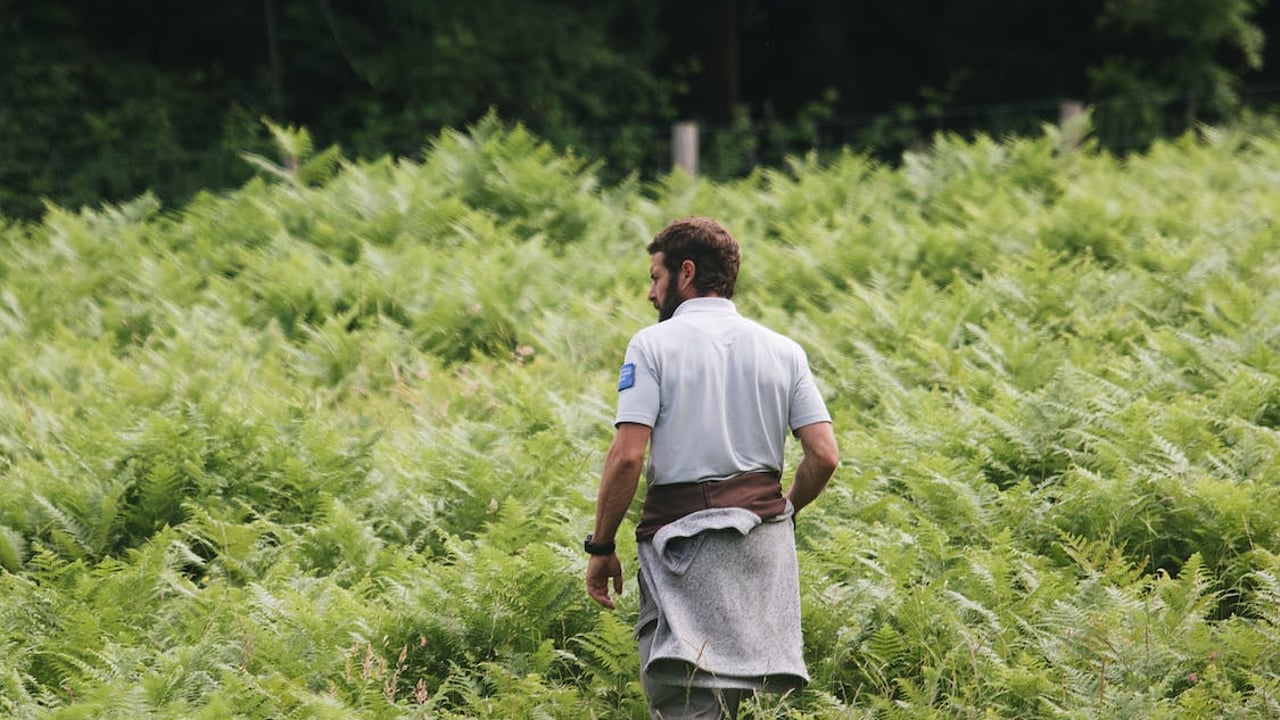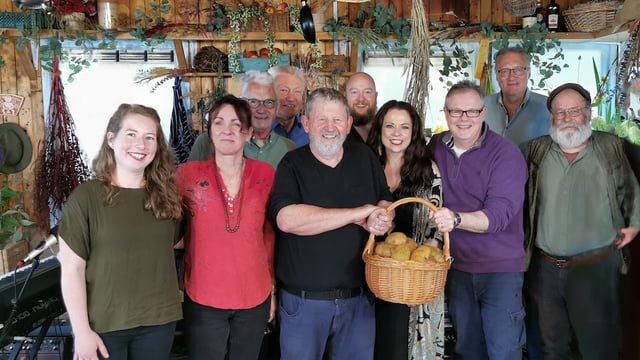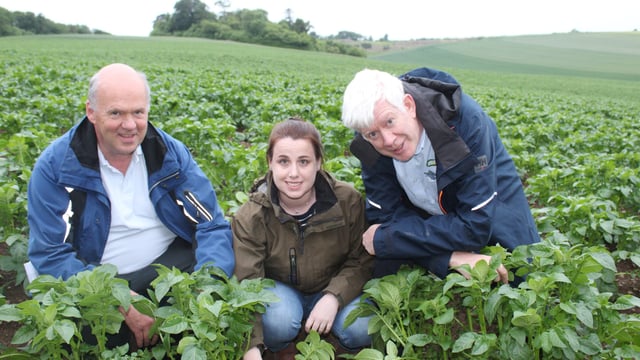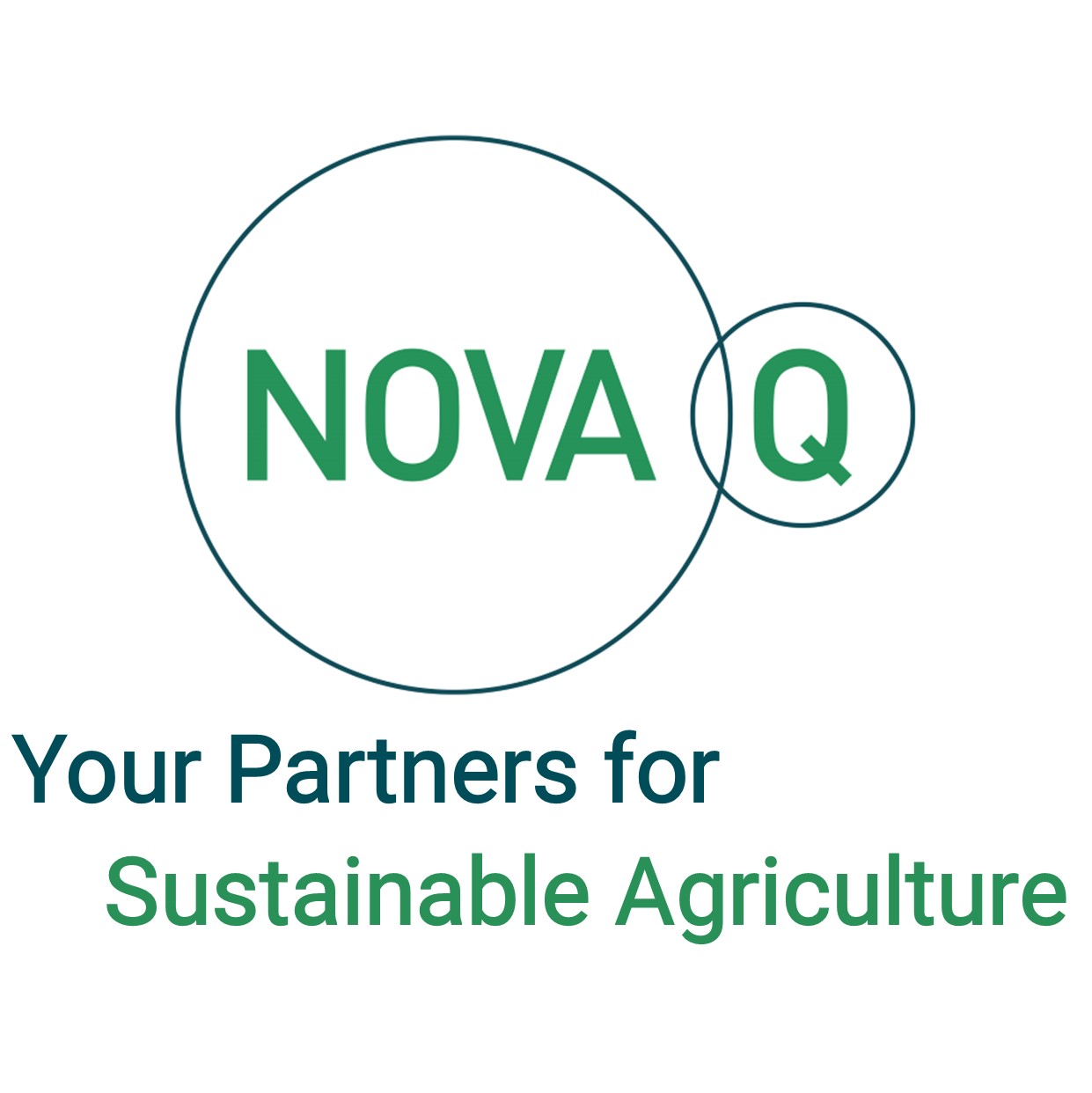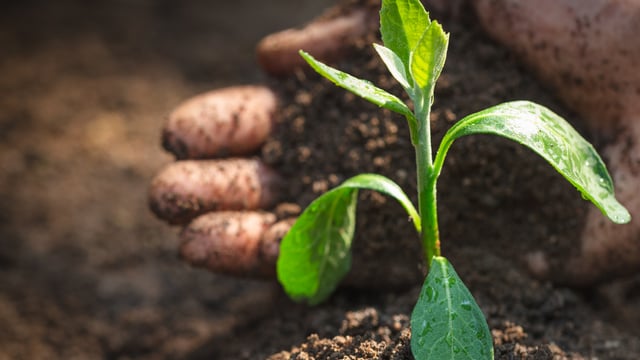Share Farming EIP set to launch in coming months
A new European Innovation Partnership (EIP) project focused on share farming as an effective generational renewal option is set to launch in the coming months.
Over €300,000 has been allocated to the project developed by The Land Mobility Service, in conjunction with Teagasc, Succession Ireland, Macra, and Lakeland Dairies.
It was among three new EIP projects on the theme of generational renewal to secure funding from the Department of Agriculture, Food, and the Marine (DAFM) and the EU earlier this year.
The Share Farming EIP, which will run in the Lakeland Dairies catchment area, leverages the concept of share farming as an effective mechanism to bridge the gap between retiring landowners and aspiring young farmers.
It aims to create opportunities while availing of existing environmentally compliant infrastructure, reduced financial outlay, relationship building, and asset and income security to deliver sustainable farm arrangements.
Access to land has long been highlighted as a barrier to generational renewal. Land leasing and purchase favours established farmers and people with significant financial resources, including non-farmers.
Patrick Brady, land mobility coordinator in Lakeland Dairies catchment area, told Agriland that it is hoped the new project will be rolled out over the coming months.
"It's a three-year project so we'll be looking for young trained farmers and landowners looking to retire or step back in order to participate in that project. We're starting hopefully from July onwards for three years," he said.
Share Farming is where two or more people come together to farm the same piece of ground.
Both the landowner and share farmer will manage the farm jointly. The share farmer is responsible for farm operations and day-to-day management, with the landowner typically providing the land and infrastructure.
The core objectives of the Share Farming EIP include:
- Establishing share farming agreements, involving young trained farmers and landowners;
- Providing comprehensive support to participants, covering farm and financial planning, communication, and sustainability practices;
- Demonstrating the benefits and scalability of share farming as a model for generational renewal.
By the end of the project, participating young farmers will be operating as share farmers with the necessary skills and experience to operate independently.
Meanwhile, retiring landowners will transition from active farming with confidence for the future of their land, according to the project team.
There are a number of possible advantages of share farming, including:
- The landowner continues to be a farmer;
- The young person becomes a farmer as part of a good farm business with significantly less finance than would be the case with a lease or purchase;
- Share Farming requires a lower level of finance, equity and capital investment than land purchase or leasing. Also, existing infrastructure is fully utilised. This enables good farm care and performance;
- Both parties are separate from a tax and business perspective.
The Share Farming EIP is aiming to address systemic challenges in Irish agriculture by introducing an innovative approach to land access and management.
"At its core, share farming involves two parties—a landowner and a young farmer—collaborating on farm operations while sharing responsibilities, risks, and rewards.
"This arrangement allows both parties to benefit, landowners can step back from daily operations while retaining income and oversight, and young farmers gain access to land and develop their farm business," the project team said.

